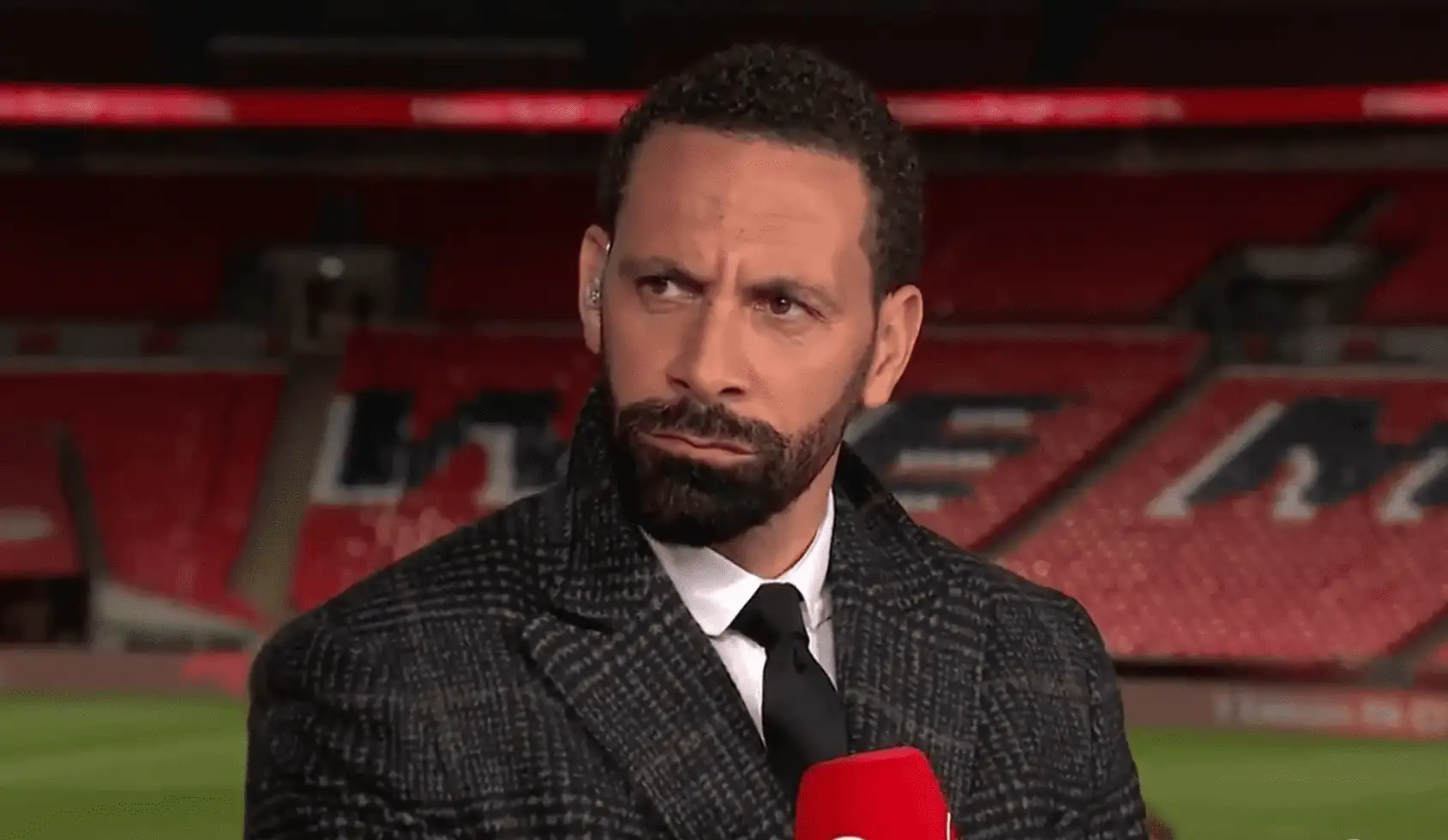Ivory Coast power outages anger citizens and business leaders

Consumers, unions and business leaders in Ivory Coast are sounding the alarm about waves of blackouts that are hitting major cities, including the economic capital Abidjan and its five million residents.
The West African nation has boasted strong economic growth for the past eight years and has been a regional leader in energy production.
It exported 11 percent of its 2 200 megawatt production in 2019 to neighbouring Ghana, Togo, Benin, Burkina Fasso, Mali and Liberia, according to official figures.
But the past week has seen frequent and severe outages that have upended lives and disrupted the economy – and more may come.
The energy ministry blames low water levels at hydro-electric dams, a problem that some have attributed to climate change, and lack of supplies for Ivory Coast’s two gas-fired power plants.
Breakdowns at Abidjan’s Azito plant, which generates more than a third of the country’s power, are also being blamed.
“If it’s not the water supply that breaks down, it’s the electricity!” one resident of Ivory Coast’s capital Yamoussoukro yelled.
A civil servant living in Korhogo – the largest city in the north of the country – said the blackouts had been non-stop.
“Not one day goes by that we don’t have a power cut,” he said. “It puts our appliances at risk.”
Jean-Baptiste Koffi, president of the Ivory Coast Consumers’ Confederation (COC-CI) said the “unexpected and surprising interruptions” were destructive.
“Electricity is failing more and more often, at work and in the homes,” he said.
The crisis was clearly overwhelming the CIE, Ivory Coast’s monopoly electricity supplier, he said, demanding that the government intervene.
– Business worry –
The country’s confederation of big businesses, the CGECI, flagged the problem in a letter to Prime Minister Patrick Achi.
The group’s president, Jean-Marie Ackah, said the country was heading for a 200 megawatt shortfall in power between April and August this year.
Ackah says the CIE wants to compensate for the deficit by imposing rolling outages on 145 major industrial companies over five months – “an extremely serious situation that will have consequences on the national economy,” he warned.
On Saturday, the trade union confederation Humanisme, which says it represents 187 unions in 23 industrial sectors, also called upon the government to resolve the problem citing the reach of the fallout.
“These cuts deeply affect the informal labour sector, which makes up more than 70 percent of the national economy,” said Mamadou Soro, the group’s secretary general.
The country has set down the ambitious goal of nearly doubling power supply to 4 000 megawatts by the end of 2030, of which 42 percent would come from renewables – a goal that could now be compromised, according to energy experts.
Three quarters of Ivory Coast’s energy supply is produced by two gas-fired plants, at Ciprel and Azito, with the remainder from hydroelectric dams.
The CIE, which was privatised in 1990, is owned by a French-African group called Eranove. It sparked a wave of public anger in 2016 when it hiked prices.
TodayNG
editor's pick
latest video
news via inbox
Nulla turp dis cursus. Integer liberos euismod pretium faucibua




